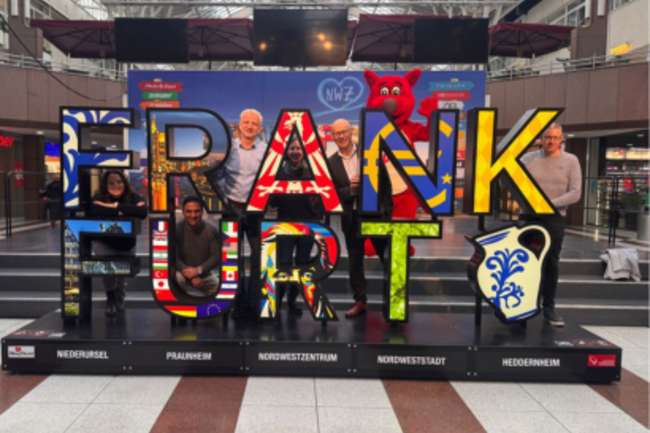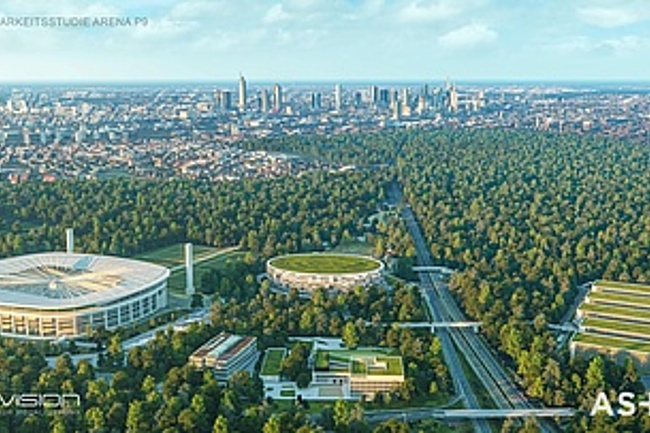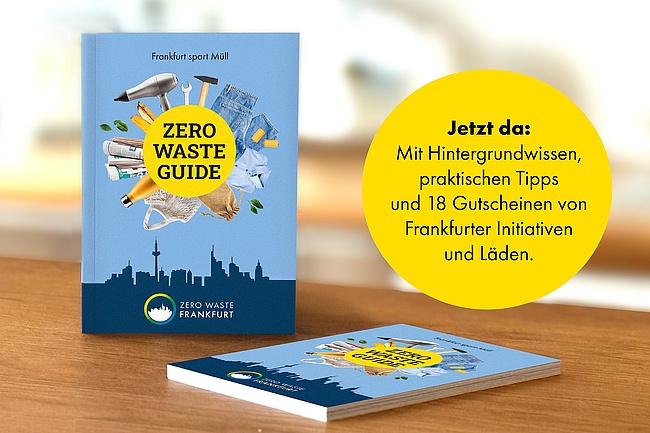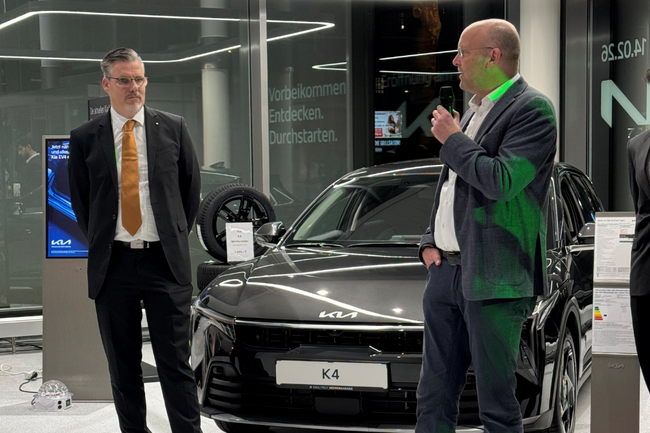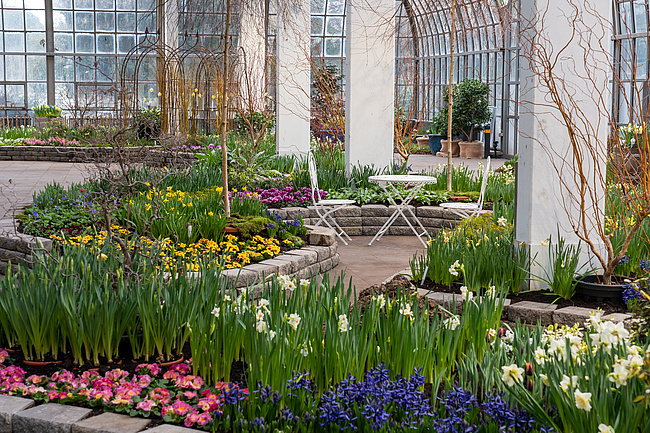Like all areas of public and economic life, in fact, the trade fair sector has been plagued by cancellations, postponements and financial losses in recent months. But this is only one of many chapters in an eventful history of Frankfurt as a trade fair location, which will last exactly 780 years on 11 July. For on 11 July 1240, Emperor Frederick II issued the trade fair privilege for the city of Frankfurt am Main, thus marking the birth of Messe Frankfurt - and also shaping the international character with which the metropolis on the Main can boast today. Over the course of 780 years, Messe Frankfurt has developed from a medieval marketplace into a global player - and has experienced and overcome many a crisis along the way, as well as successes. A good prerequisite for things to pick up again after the Corona crisis.
On the occasion of the trade fair's anniversary, Lord Mayor and Chairman of the Supervisory Board Peter Feldmann said: "The trade fair is a driving force for the development of our city. Nowhere are the history of the trade fair and the history of the city so closely linked as in Frankfurt. The trade fair privilege documented by Emperor Frederick II was the historical origin of an ongoing success story that began around the Römer 780 years ago. From the beginnings of that time, the largest operating trade fair company in the world developed over the course of the centuries. But even after a successful 780 years, Messe Frankfurt remains true to its evolved tradition of trade and internationality in its home city of Frankfurt."
Immediately after Messe Frankfurt's 780th anniversary, the first trade fairs are taking place again after a global lockdown lasting several months. In Germany, too, trade fairs are slowly and cautiously ramping up again - with strict adherence to elaborate safety and hygiene precautions. Smaller events are already taking place again at the Frankfurt exhibition centre, and trade fairs are also planned for the near future: starting with Nordstil in Hamburg in September, followed by the Frankfurt Book Fair in October. For many of Messe Frankfurt's own events that have been postponed worldwide, replacement dates are still planned for 2020.
"We are very pleased that face-to-face encounters on our platforms will once again be possible bit by bit. The worldwide resumption of event operations shows how flexibly we at Messe Frankfurt can respond to challenges. Adapted to the respective regulations, we are able - both regionally, nationally, European, internationally - to offer our customers the appropriate stage worldwide," says Wolfang Marzin, Chairman of the Board of Management of Messe Frankfurt. "Over the past 780 years, we have seen time and again how important trade fairs are, especially in times of crisis, in promoting economic recovery. And we receive clear signals from our customers that real-life encounters and dialogues are indispensable."
A look back at history shows that trade fairs, as a mirror of the economy, are repeatedly confronted with crisis situations. For example, as early as 1635, the then Spring Fair in Frankfurt had to be cancelled - the reasons being the
effects of the Thirty Years' War combined with the outbreak of the plague in Frankfurt. Even then, measures to contain epidemics included border closures, health certificates, passports, entry and exit controls, and quarantine measures. However, the importance of trade fairs as a key element of economic development was known even then. For example, even immediately after the end of World War I, preparations began for the International Import Fair, which took place in October 1919, followed by the Spring Fair in 1920.
During World War II, about 95 percent of the fairgrounds were destroyed. The direct reconstruction was considered an important signal for Frankfurt as a trade fair location. With the Frankfurt Fair in October 1948, trade fair operations continued, partly still in provisional lightweight halls, tents and under the open sky.
72 years later, the worldwide spread of the Corona virus has once again posed challenges to the events industry since the beginning of the year. "The trade show landscape will change in the wake of the Corona crisis," Marzin said. "Topics such as digitalisation and security will play a central role. However, the biggest success factor of the trade fair industry remains personal encounters, for which we have been creating a framework with Messe Frankfurt's platforms for 780 years. After all, the need for personal contacts is even stronger in the current era than it was before."
We too would like to congratulate Messe Frankfurt on its birthday and look forward to seeing what other stories will be written here in the years and centuries to come.
You can also find more information at: www.messefrankfurt.com








